This post is also available in: English
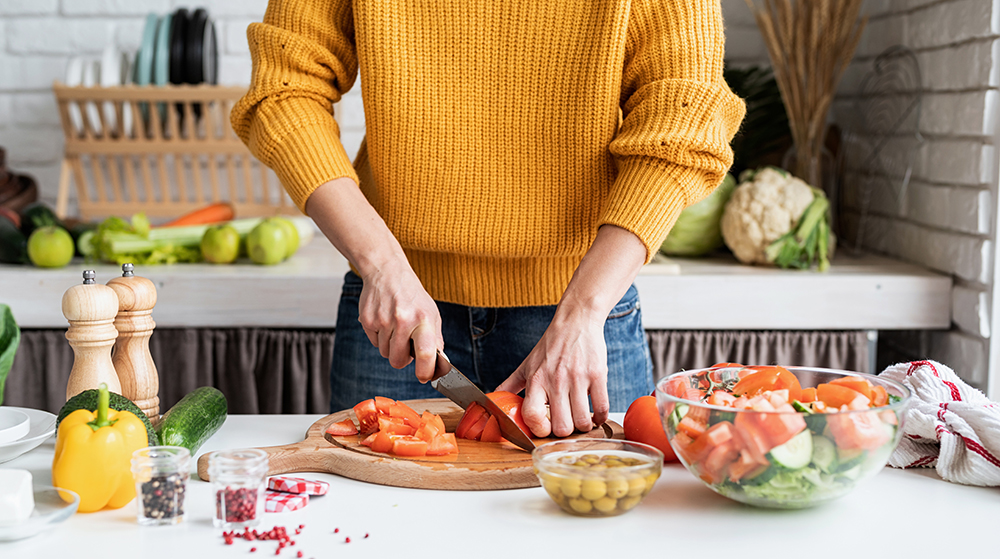
Pregnancy is a very special journey, and your body works hard to nurture and grow your little one. A balanced diet rich in essential nutrients is critical during this time, not only for your baby’s development but also for your health and well-being. While your body’s needs vary at different stages of pregnancy, there are certain nutrients that play pivotal roles throughout.
As a pregnancy and parenting consultant with over 20 years of experience, I always encourage expecting mothers to focus on a wholesome, nutrient-rich diet. Let’s take a closer look at the five essential nutrients you must include in your daily meals, along with some food options and tips to incorporate them easily.
Folic Acid
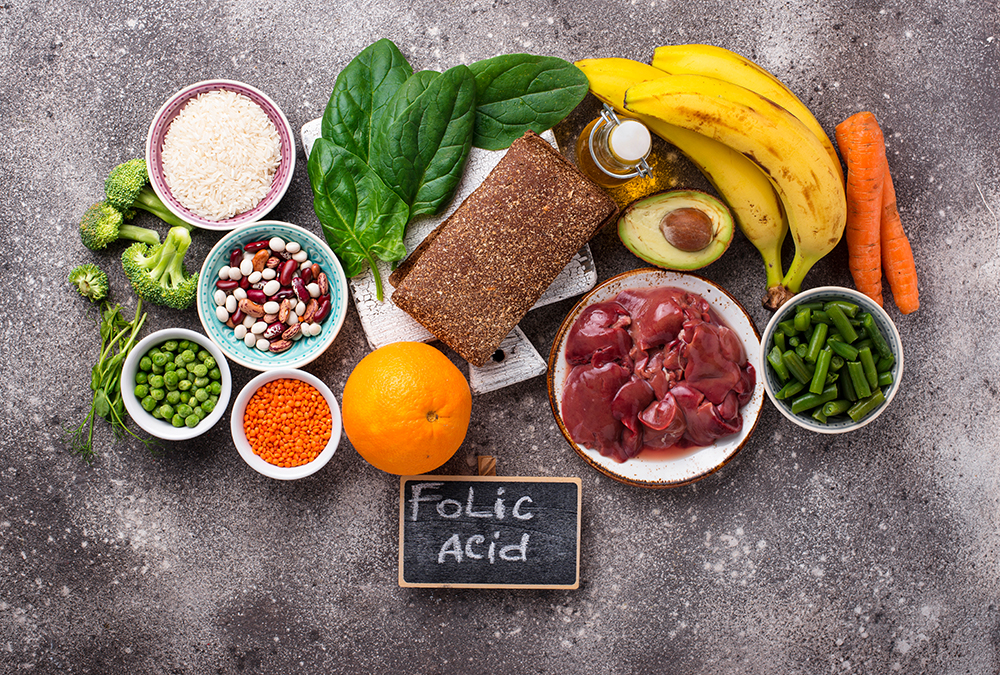
Folic acid is a type of B-vitamin (B9) that is absolutely vital during the first trimester of pregnancy. It helps in the formation of the neural tube, which later develops into your baby’s brain and spinal cord. Getting enough folic acid can significantly reduce the risk of neural tube defects. It is most essential in the first trimester (weeks 1-12).
Food sources:
- Spinach, fenugreek leaves (methi) & mustard greens (sarson ka saag)
- Lentils (masoor dal, moong dal)
- Oranges, Bananas & Avocados
- Fortified cereals & bread
Quick tip: Start your day with a bowl of red rice poha cooked with fresh spinach or squeeze lemon over dal for a folate boost.
Iron
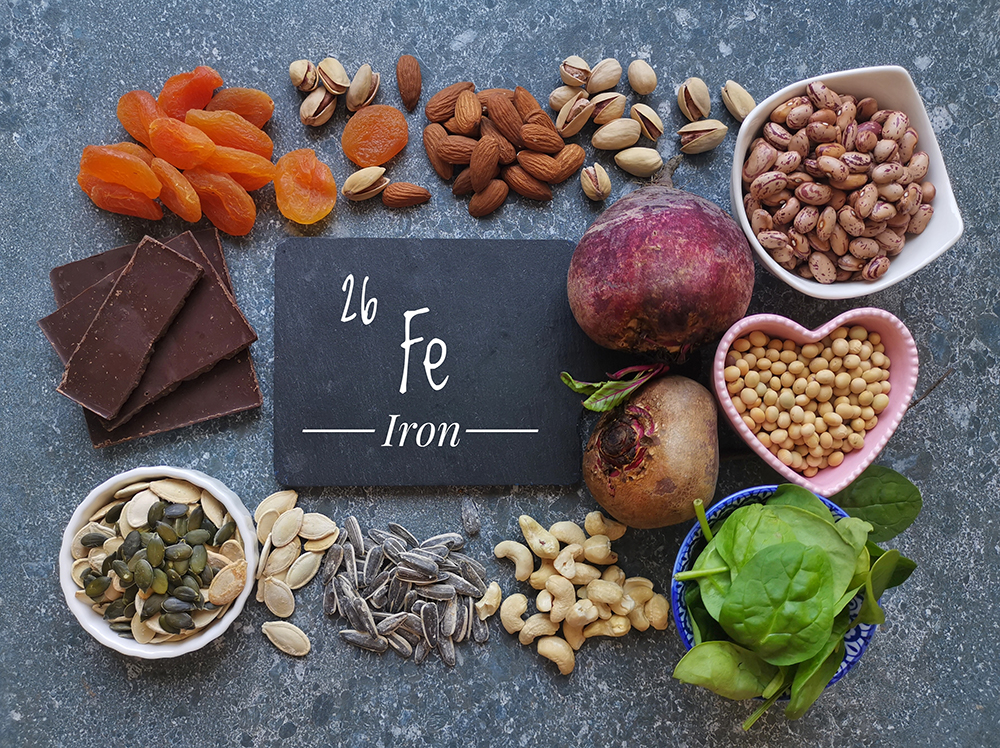
Iron is crucial for making hemoglobin, the protein in red blood cells that carries oxygen to your baby. During pregnancy, your blood volume increases significantly, so your body needs extra iron to support this change. Low iron levels can lead to anemia, making you feel tired and weak. It can also result in slow weight gain in the baby. It is most essential starting from the 14th week of pregnancy till you deliver as this is when the blood volumes expand.
Food sources:
- Bajra (pearl millet) & jowar (sorghum)
- Beetroot, pomegranate & apples
- Dark leafy greens like amaranth (chaulai) & curry leaves
- Legumes such as chickpeas (chana) & kidney beans (rajma)
Quick tip: Pair iron-rich foods with vitamin C-rich options like lemon, guava, or oranges to enhance absorption. For instance, drink a glass of fresh orange juice with your spinach paratha.
Calcium
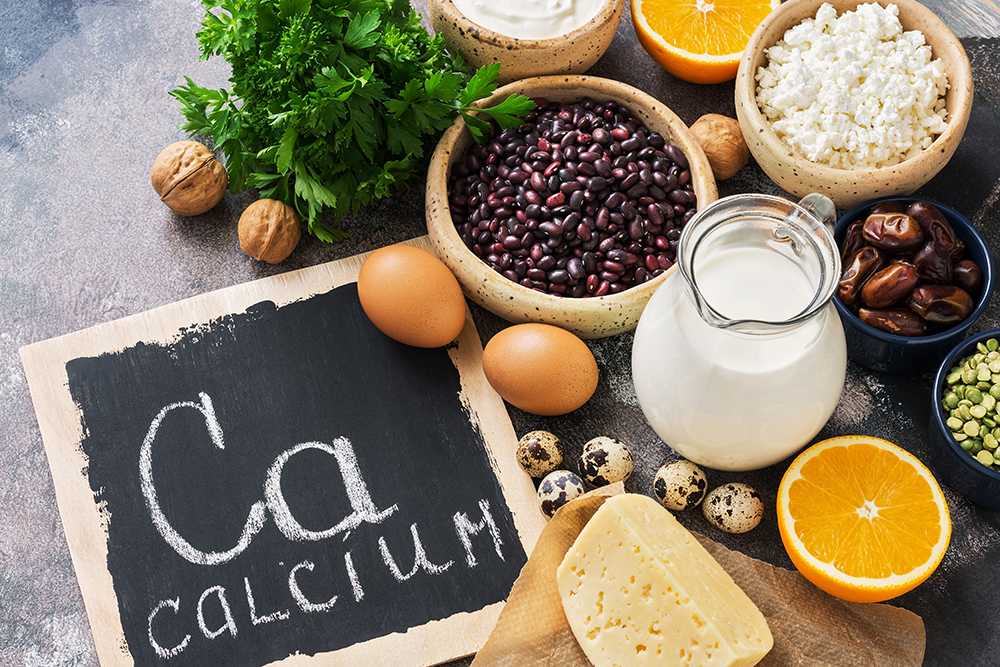
Calcium is the building block for your baby’s bones and teeth. It also supports the development of a healthy heart, nerves, and muscles. If your diet lacks calcium, your body will draw it from your bones, which could increase the risk of osteoporosis later in life. It is essential all through pregnancy with a peak in the third trimester (28-40 weeks) when there is an acceleration in the development of fetal bones.
Food sources:
- Milk, curd, paneer & cheese
- Sesame seeds (til), ragi (finger millet) & almonds
- Drumstick leaves (moringa) & okra (bhindi)
- Sardines and other small fish (for non-vegetarians)
Quick tip: Add roasted sesame seeds to salads or make ragi dosas for a calcium-packed meal.
Omega-3 Fatty Acids
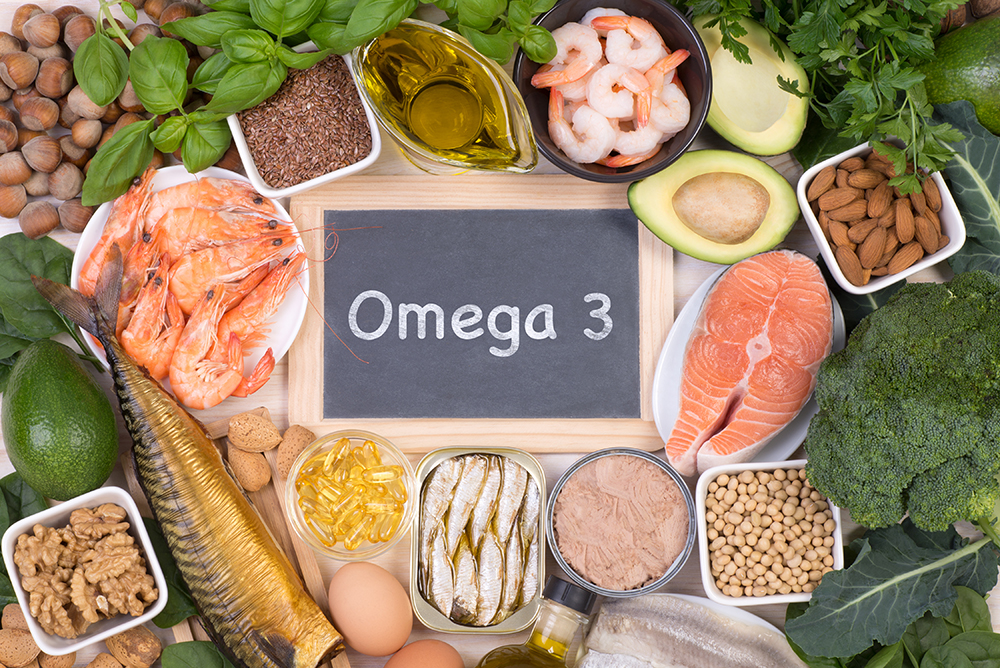
Omega-3 fatty acids, particularly DHA (docosahexaenoic acid), play a vital role in the development of your baby’s brain and eyes. These healthy fats also support the formation of the nervous system. It is most essential in the third trimester (28-40 weeks), as brain development is most rapid during this stage.
Food sources:
- Walnuts, flaxseeds & chia seeds
- Mustard oil (sarson ka tel)
- Soybeans and tofu
- Fish like rohu, hilsa, and salmon (for non-vegetarians)
Quick tip: Sprinkle ground flaxseeds on your morning porridge or blend walnuts into a smoothie for an Omega-3 boost.
Protein
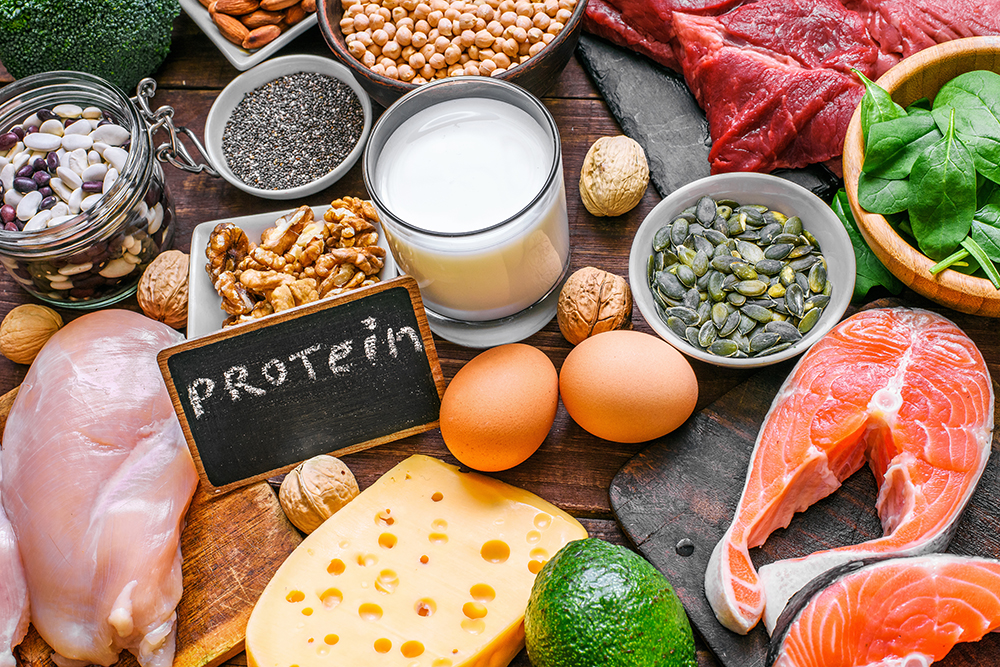
Protein is the building block for all cells and tissues in your baby’s body. It supports the growth of your baby’s organs, muscles, and bones while also helping in the development of the placenta. The need for proteins increases as pregnancy progresses, so it’s essential to include ample sources in your daily diet. It is needed throughout pregnancy, with a greater need in the second and third trimesters.
Food sources:
- Lentils, chickpeas & green gram (sabut moong)
- Paneer, curd & eggs
- Nuts like almonds & peanuts
- Chicken, fish & lean meat (for non-vegetarians)
Quick tip: Enjoy a bowl of curd with roasted chickpeas as a mid-morning snack, or prepare a simple vegetable pulao with sprouted lentils for a protein-packed lunch.
Talk to your doctor: If you have dietary restrictions or cravings, consult your doctor or a nutritionist for personalized advice.
Nourishing your body with the right nutrients during pregnancy is one of the greatest gifts you can give your baby. Start by incorporating these five essential nutrients – folic acid, iron, calcium, Omega-3 fatty acids, and protein – into your daily diet.
By
Sonali Shivlani

Sonali Shivlani is a pregnancy and parenting consultant with over 20 years of experience. As the founder of Baby360degrees – www.baby360degrees.com, she offers both online and offline pregnancy and parenting classes, and is a visiting consultant at PD Hinduja Hospital and Women’s Hospital, Khar, Mumbai. Sonali is also the Executive Director of CAPPA India, a training institute which trains and certifies birth professionals across the country. She has authored multiple books, serves on the expert panel of several parenting websites and has been a guest speaker at national and international events and conferences.
This post is also available in: English







